13 Different Expenses When Buying A House
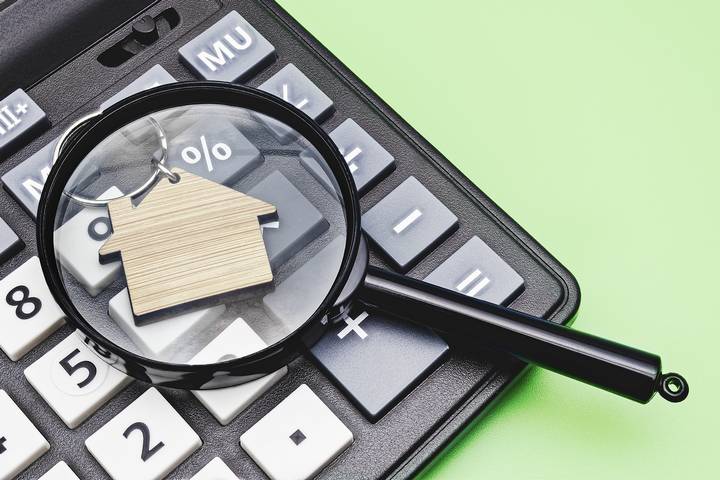
Are you buying a house? You’re pre-approved for a mortgage, your down payment is ready, and you’re on your way to getting the keys to your dream home. Unfortunately, you might find numerous expenses that come along with the process.
There are different costs that come with buying a property. Some are mandatory and essential, while others are optional depending on certain variables. Often, these costs may exceed far beyond what’s agreed upon in the sales agreement. That’s why you need to be aware of the most common expenses.
Your goal is to minimize the costs, making the houses for sale as affordable as possible. Here are thirteen different expenses when buying a house:
1. Home inspection expenses
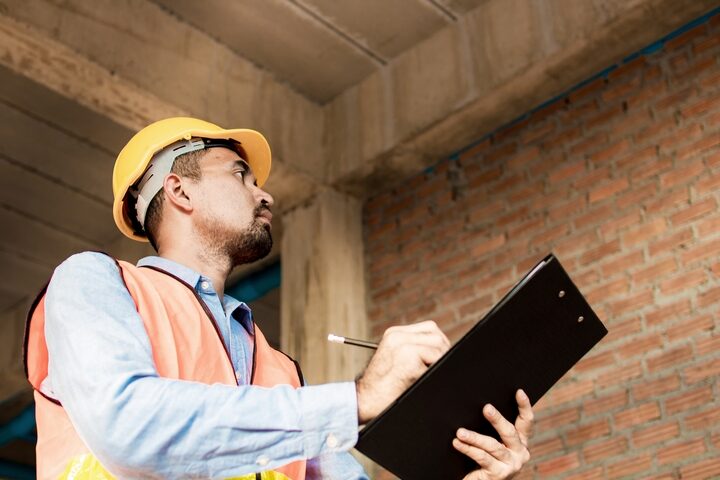
A home inspection will tell you much about what needs to be repaired and if any issues exist. This is an optional expense when buying a house. However, it’s strongly recommended as it could outline problems that are not on the surface.
2. Property survey expenses
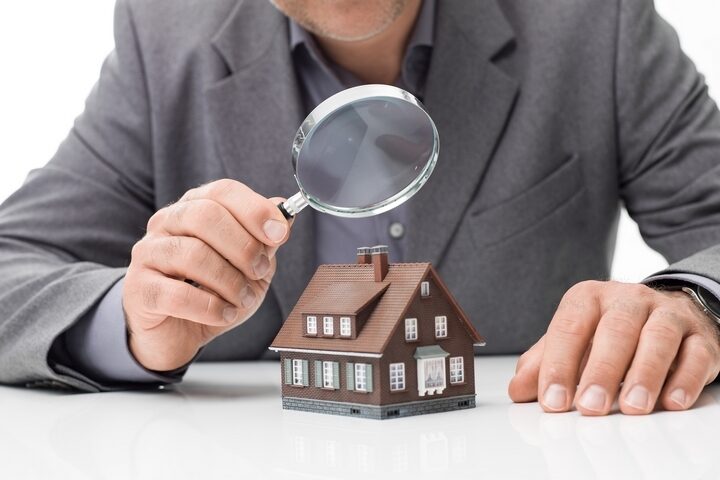
While a home inspection focuses on the home and property, a property survey examines any restrictions that could affect property value. This includes outlining property boundaries, buildings, structures that impact your property, shared driveways, and similar items.
This expense is important when calculating the long-term value of a home and gives you a full glimpse into what you’re buying.
3. Property appraisal expenses
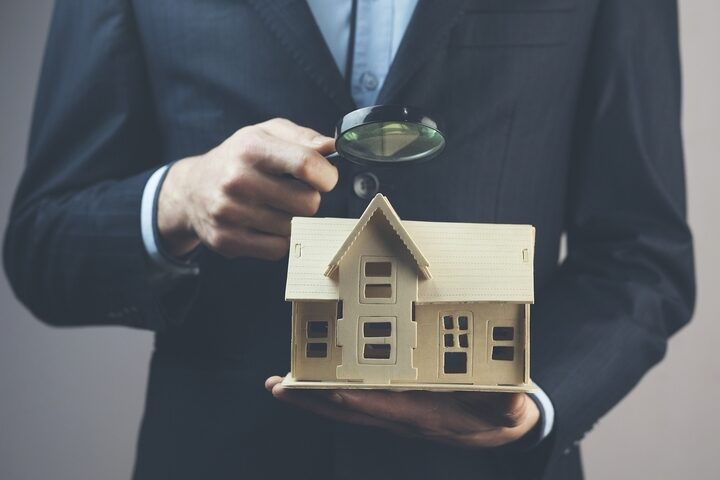
A property appraisal gets you an adequate estimate of how much a property is worth. Some lenders require a property appraisal to help secure financing. This expense ensures you are spending appropriately on financing.
4. Title insurance expenses
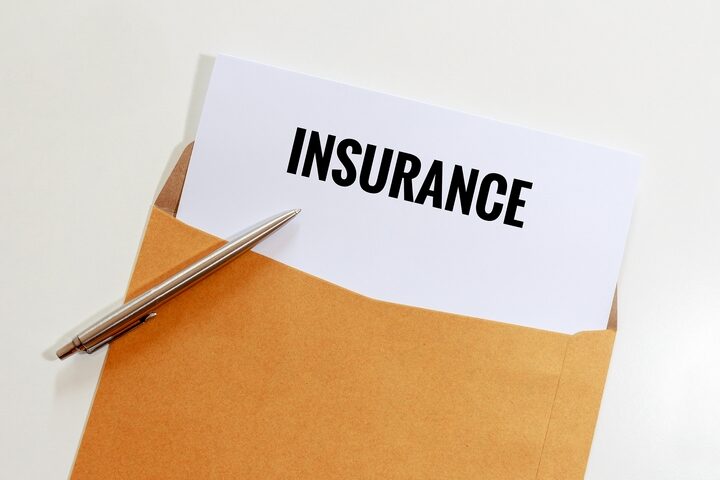
Title insurance is in your best interests. It lets you know that you have the real title to the property and that there is no fraud, municipal work orders, zoning violations, or defects affecting your ownership.
Title insurance is usually included with your real estate lawyer expenses and is required by the lender.
5. Property insurance expenses
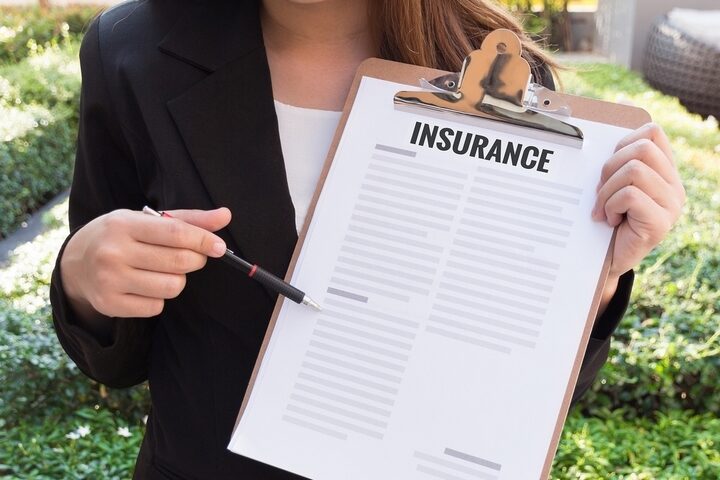
Property insurance is selected to protect you if there’s a fire or a similar natural disaster. If a natural event you can’t control ruins your property, you recoup those costs through property insurance so long as it’s covered under your policy.
6. Mortgage default insurance expenses
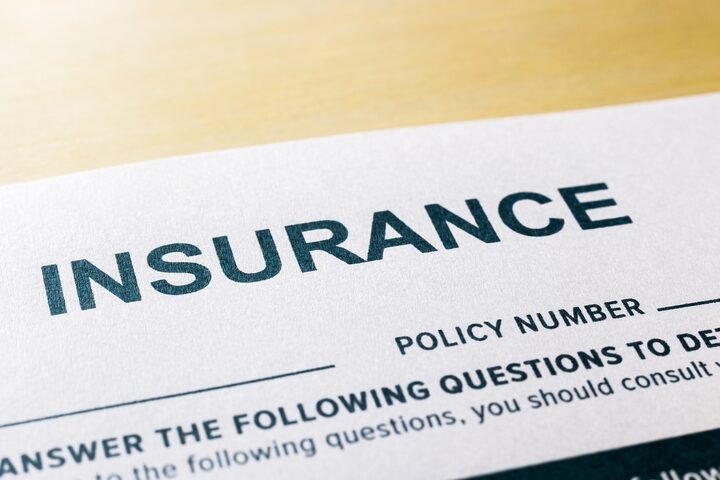
For individuals applying for a mortgage with less than 20% down payment, a lender will request the purchase of mortgage default insurance.
This expense is to cover the lender if they don’t recover what they’ve lent. It is calculated as an add-on premium. The more risk a lender sees, the higher the mortgage default insurance premium.
7. Transfer tax expenses
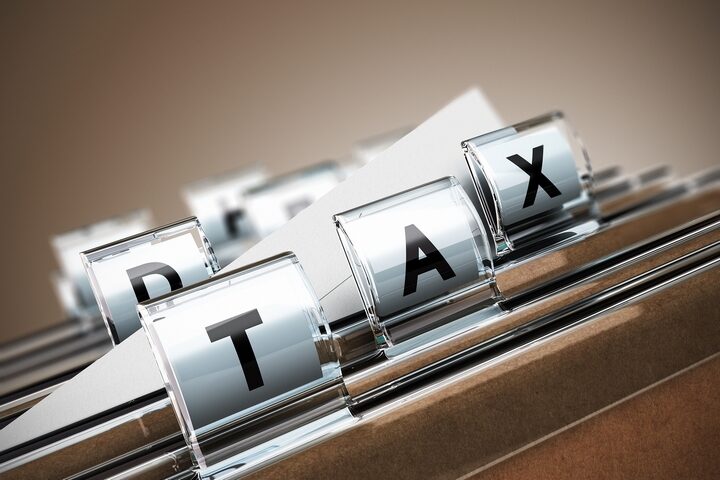
As you buy your home, you will get hit with lots of fees and taxes, one of which is land transfer taxes. This tax is calculated based on the purchase price and other factors.
Most provinces have a provincial land transfer tax, and some cities also charge a municipal land transfer tax. There may be additional taxes as well, depending on the variables. These easily amount to thousands of dollars and should be budgeted for well beforehand.
8. GST & HST expenses

If you are purchasing a newly constructed or substantially renovated property, it may be subjected to GST or HST. This is certainly an expense when buying a house to consider when searching for properties and comparing costs.In some cases, you may qualify for a new housing rebate.
9. Real estate lawyer expenses

You have likely solicited the services of a real estate lawyer to help with your purchase and sale agreement. They can also secure certain details around your property purchase or look over any pertinent documents relating to the purchase. That comes at a fee that is paid at closing time.
10. New appliance expenses
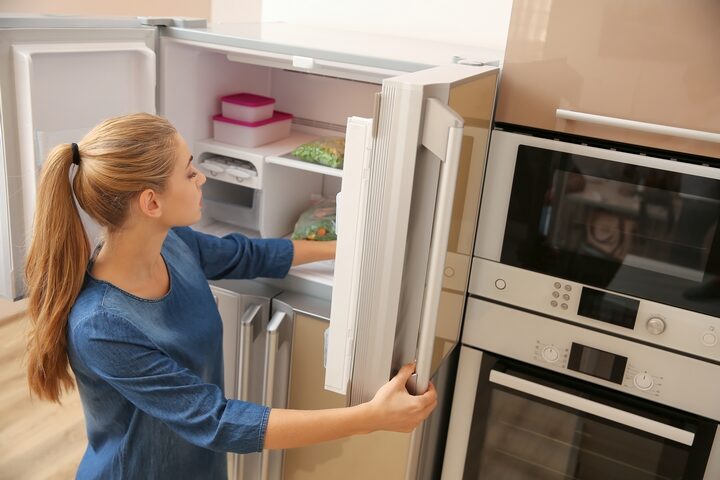
Especially if you’ve bought a fixer-upper, one of the first things you may want to do is buy new appliances. This is, of course, optional. However, you will find lots of enjoyment from new appliances, and it can be a nice way to jumpstart making things feel like your home.
11. New furniture expenses

For first-time homebuyers, they might not be coming to their new property with a lot of furniture. Especially for those coming from a condo or apartment, they might not have the full slate of furniture they want. This is, of course, an optional expense that can be reduced by opting for used furniture instead of brand new and can, thankfully, be spread out over time.
12. Home repair expenses
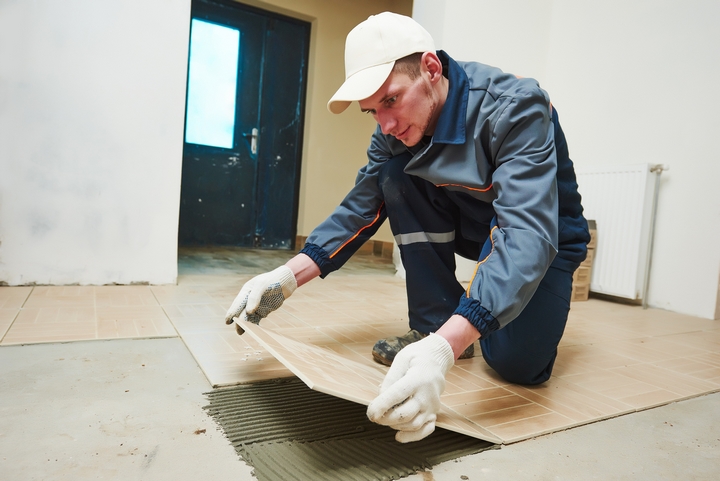
Your home inspection may have uncovered certain things that need to be repaired, such as electrical wiring or plumbing needing updating. There may be cosmetic-related property damage you want to be fixed up.
These sorts of expenses could be replacing and cleaning vents and heating, removing mould and mildew, replacing windows, and similar repairs.
13. Home renovation expenses
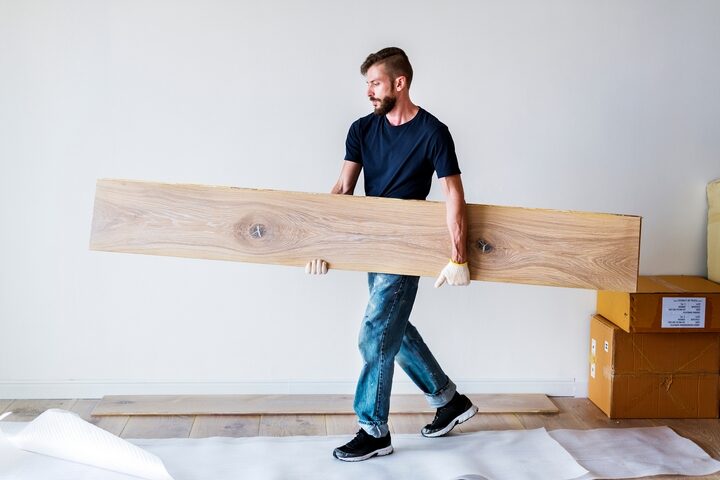
There are many renovation projects you may want to engage in when buying a house, from remodelling the kitchen or bathroom to adding room additions, redoing the basement if there’s one, replacing and treating windows and doors, adding a deck, and similar renovations.
The beauty of these renovations is that you make them for your enjoyment, routed in your personal preferences. You can have lots and lots of fun with this: buying a fixer-upper isn’t so bad.
